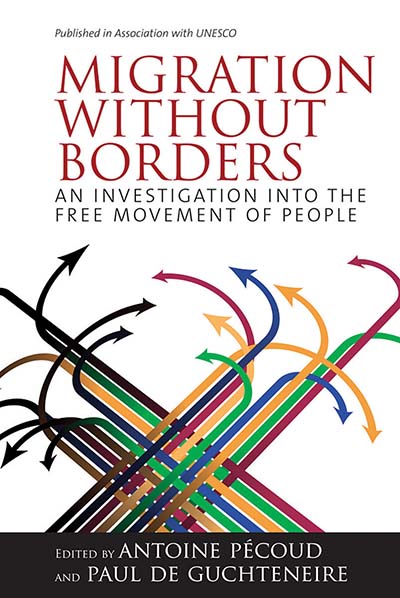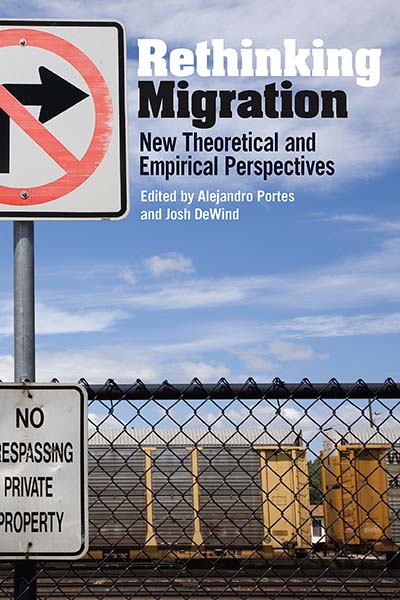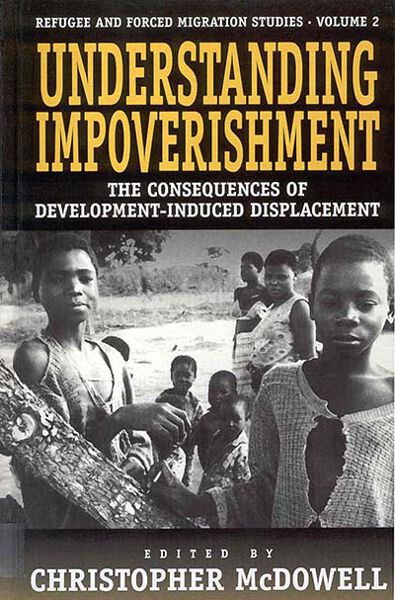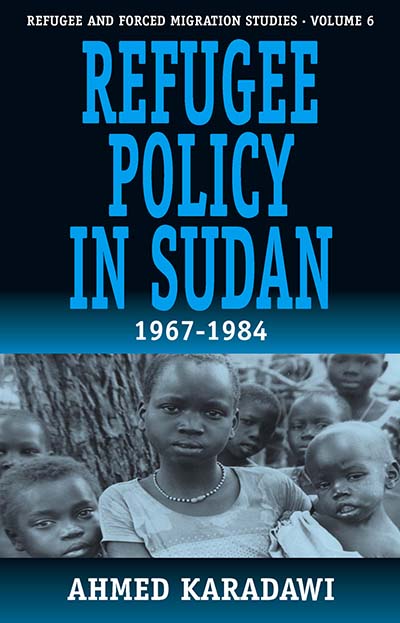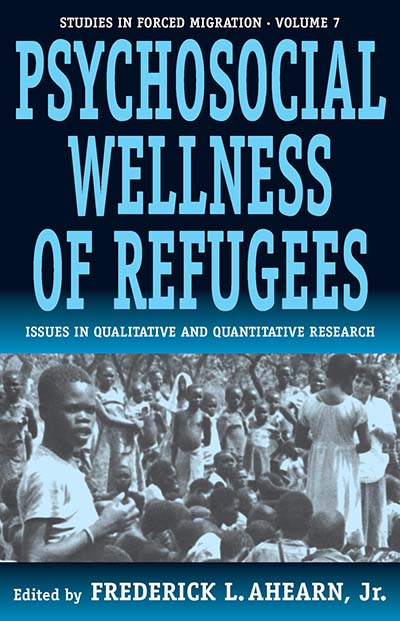
Series
Volume 7
Forced Migration
Email Newsletters
Sign up for our email newsletters to get customized updates on new Berghahn publications.
The Psychosocial Wellness of Refugees
Issues in Qualitative and Quantitative Research
Edited by Frederick L. Ahearn, Jr.
251 pages, index
ISBN 978-1-57181-204-9 $135.00/£104.00 / Hb / Published (April 2000)
ISBN 978-1-57181-205-6 $34.95/£27.95 / Pb / Published (April 2000)
eISBN 978-1-78238-804-3 eBook
Reviews
“This is a book that provides delightful surprises for those interested in cross-cultural research and scholarship … [It is ] important for content and context … and demonstrates the importance and strength of interdisciplinary work.” • Journal of Social Work Research
“The case studies are thorough and comprehensive and range over many nationalities, communities and social groups.” • Social Development Issues
“The books is written for all professionals working in this field … There is no doubt that this book will provoke, but surely also inspire, many of them.” • Social Anthropology
“…a thoughtful and thorough guide for assessing the psychosocial wellness of refugees. I recommend this volume as a comprehensive basis text for students of conflict studies, forced migration, or practitioners involved in refugee research and assistance.” • Ethnic Conflict Research Digest
“…well-written and thoughtful chapters … the strength of the book is its thorough presentation of different data collection and analytical methods.” • Journal of Refugee Studies
“[This volume] is very important and highly recommended” • Zeitschrift für Ethnologie
Description
In recent years, scholars in the fields of refugee studies and forced migration have extended their areas of interest and research into the phenomenon of displacement, human response to it, and ways to intervene to assist those affected, increasingly focusing on the emotional and social impact of displacement on refugees and their adjustment to the traumatic experiences. In the process, the positive concept of "psychosocial wellness" was developed as discussed in this volume. In it noted scholars address the strengths and limitations of their investigations, citing examples from their work with refugees from Afghanistan, Cambodia, Vietnam, Palestine, Cuba, Nicaragua, Haiti, Eastern Europe, Bosnia, and Chile. The authors discuss how they define "psychosocial wellness," as well as the issues of sample selection, measurement, reliability and validity, refugee narratives and "voices," and the ability to generalize findings and apply these to other populations. The key question that has guided many of these investigations and underlies the premise of this book is "what happens to an ordinary person who has experienced an extraordinary event?" This volume also highlights the fact that those involved in such research must also deal with their own emotional responses as they hear victims tell of killing, torture, humiliation, and dispossesion. The volume will therefore appeal to practitioners of psychology, psychiatry, social work, nursing, and anthropology. However, its breadth and the evaluation of the strengths and disadvantages of both qualitative and quantitative methods also make it an excellent text for students.
Frederick L. Ahearn, Jr. was Dean and is now Ordinary Professor at the School of Social Service at the Catholic University of America and also has an appointment as Tutor at the Refugee Studies Programme, University of Oxford.

